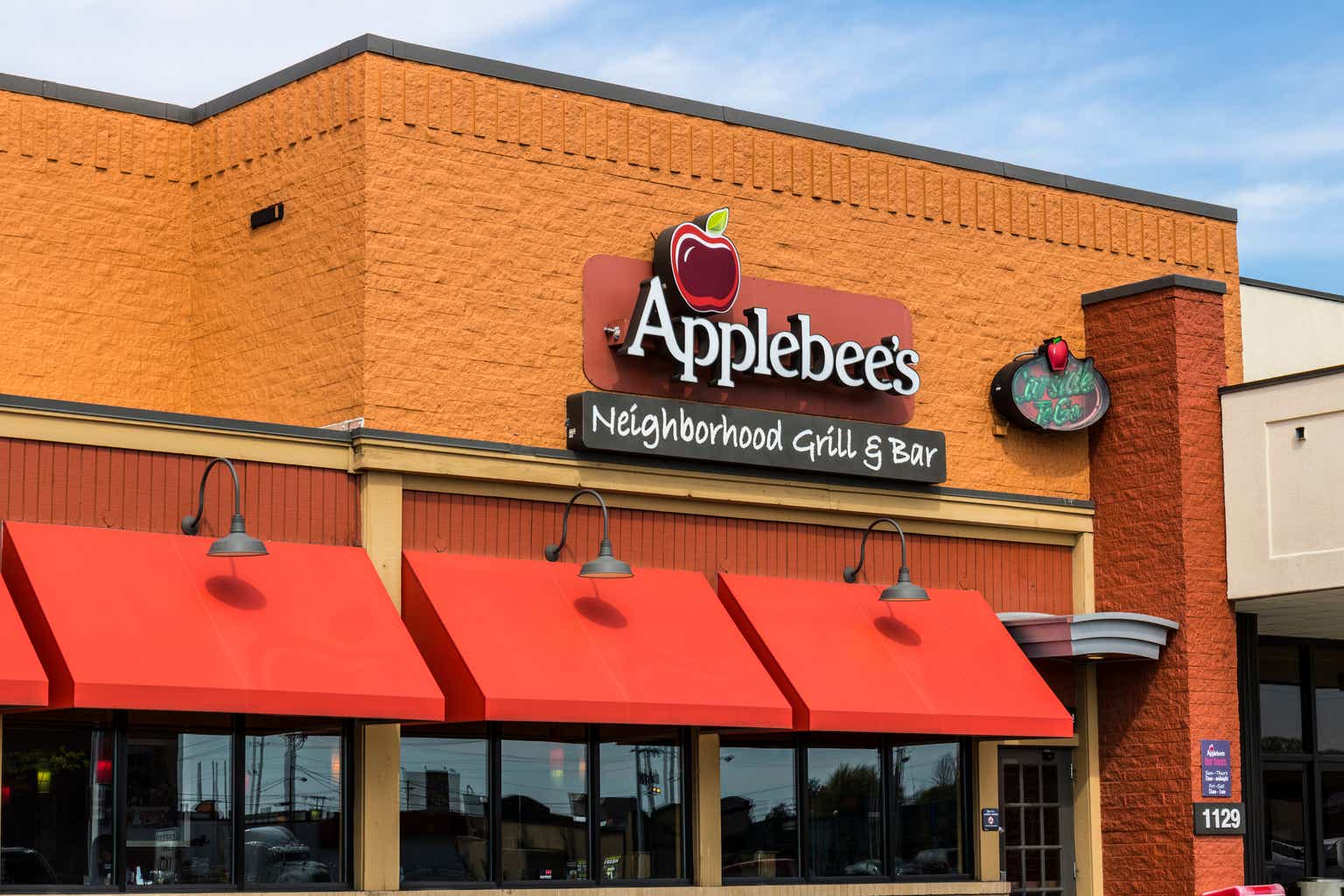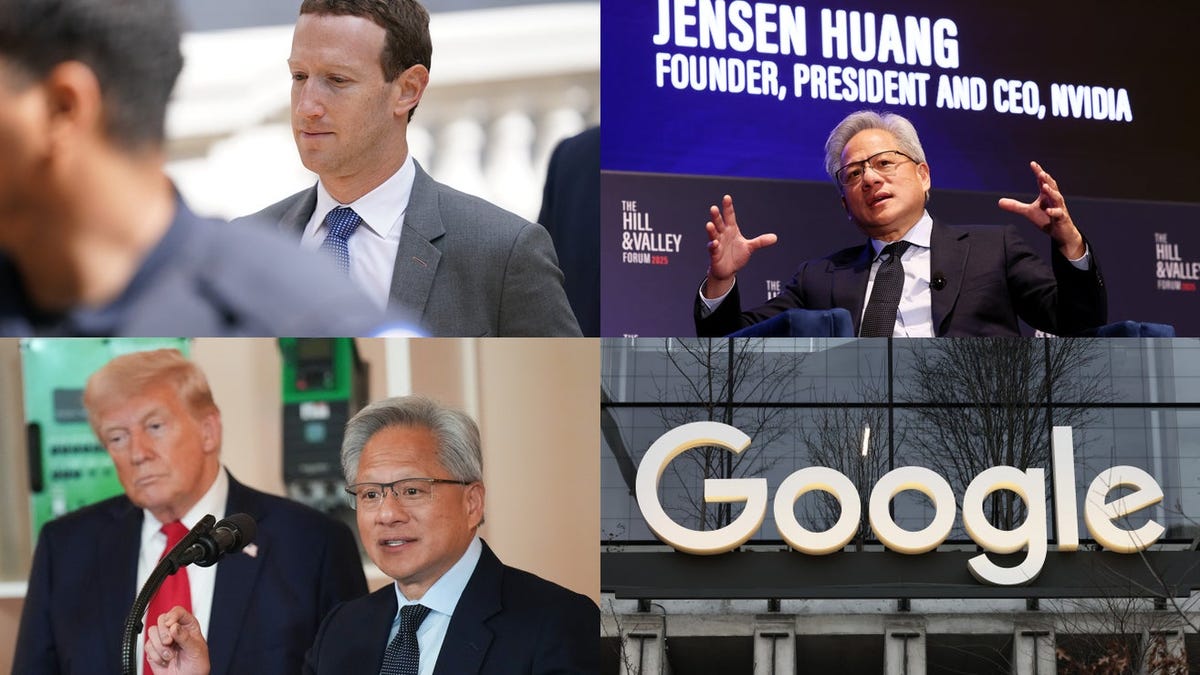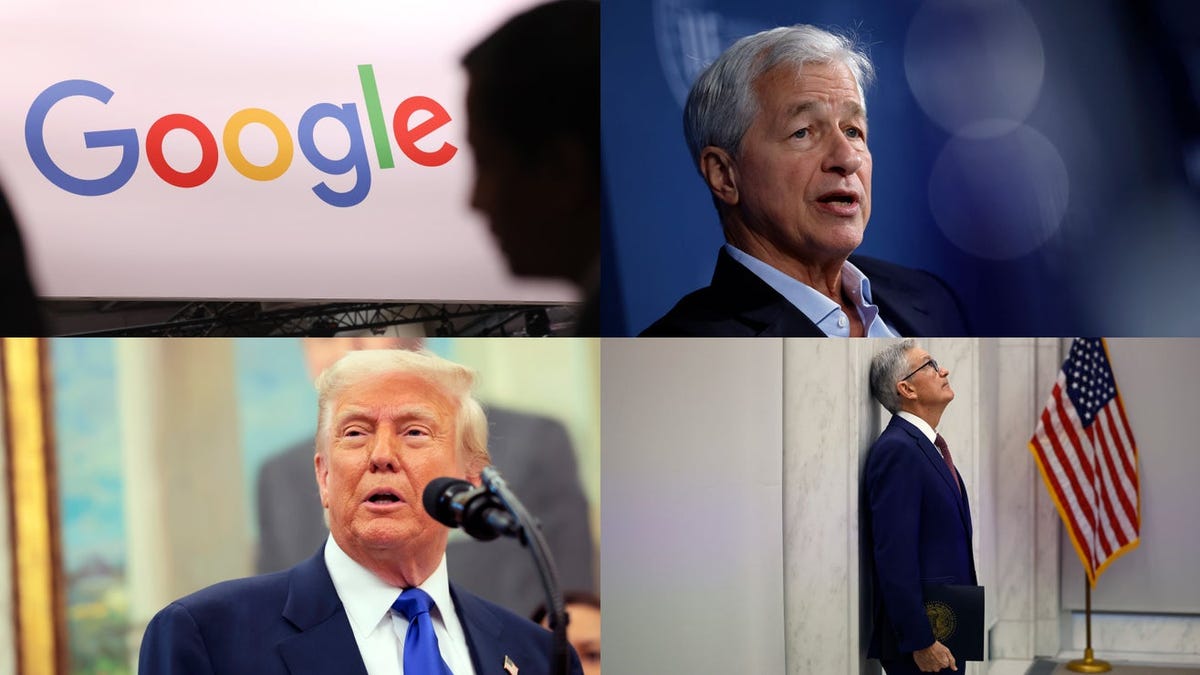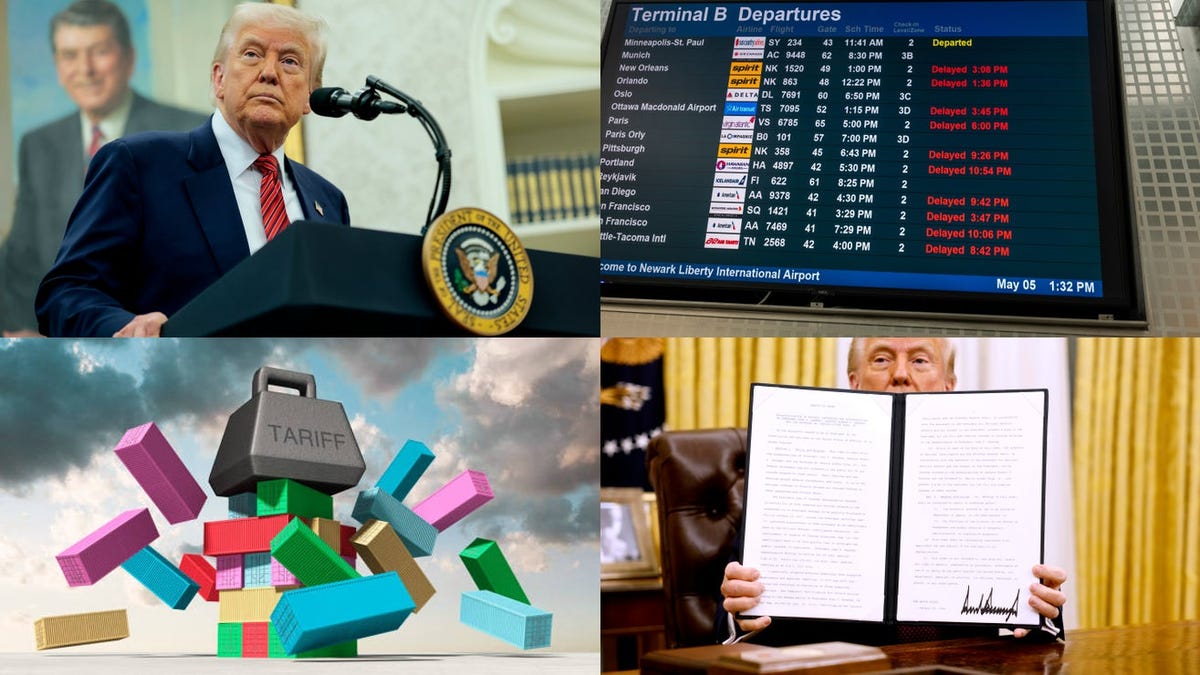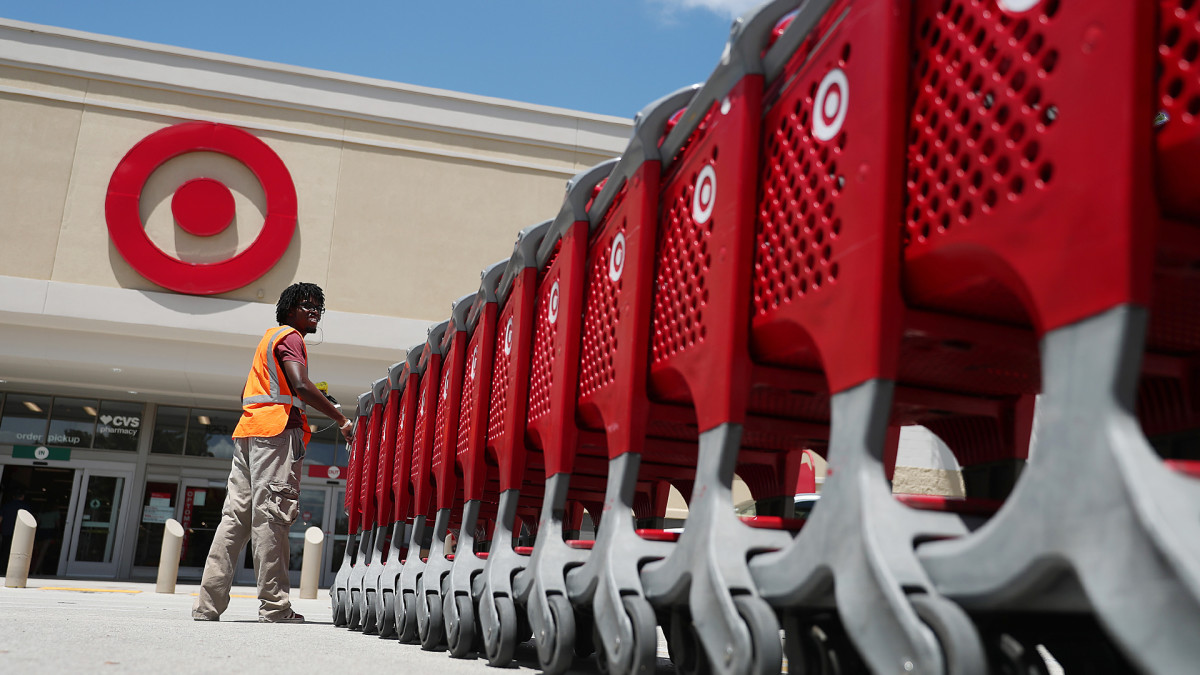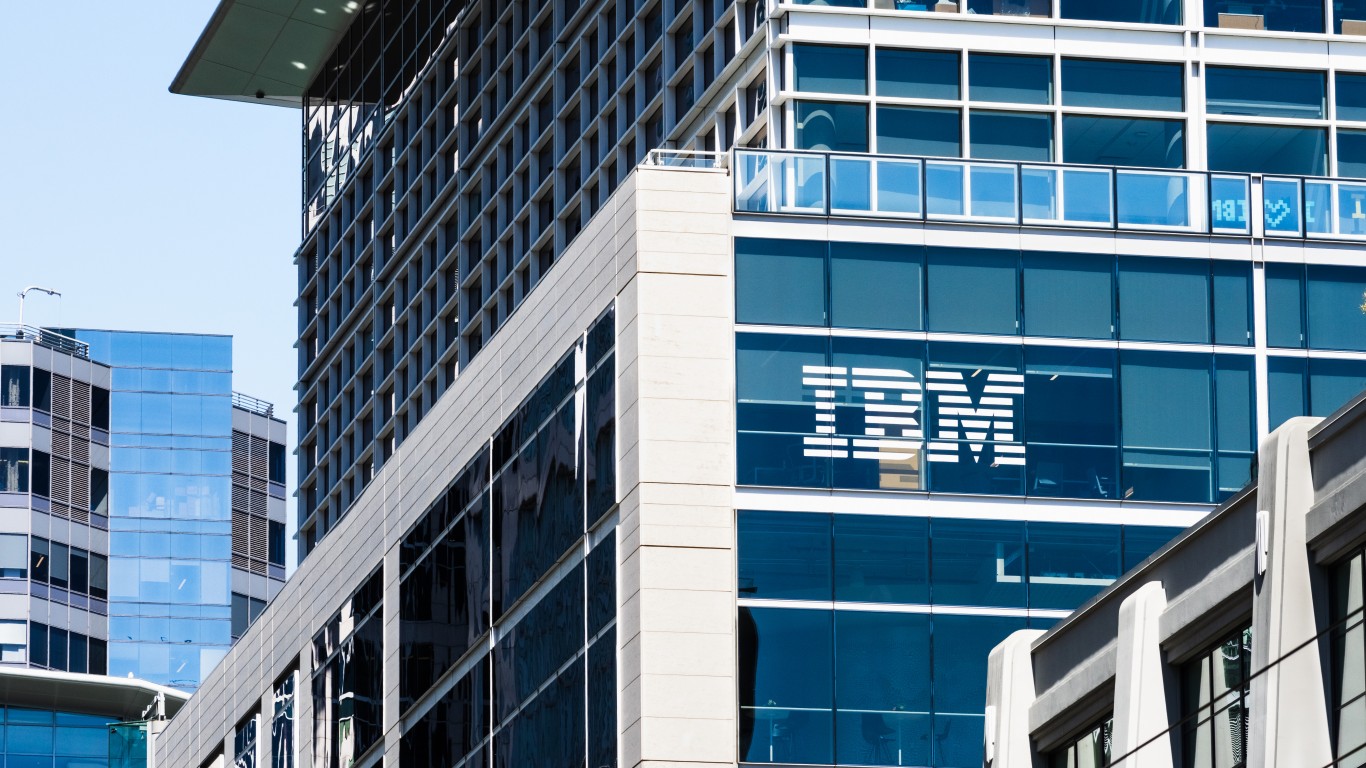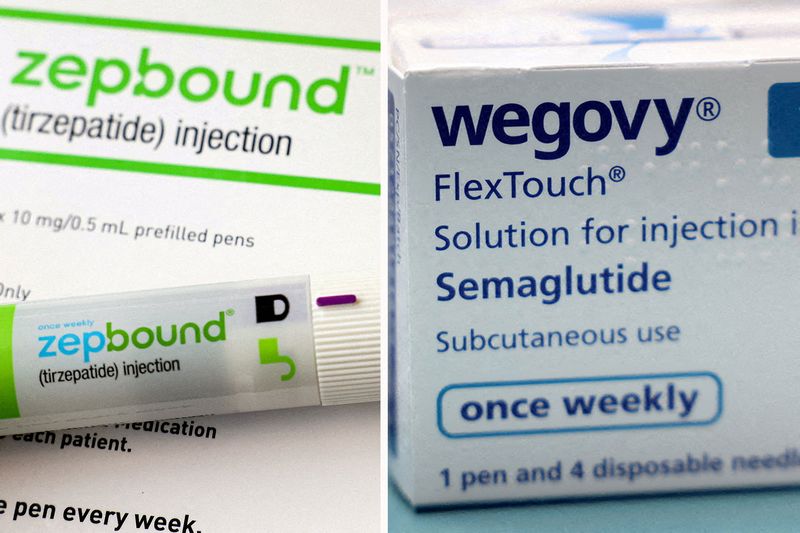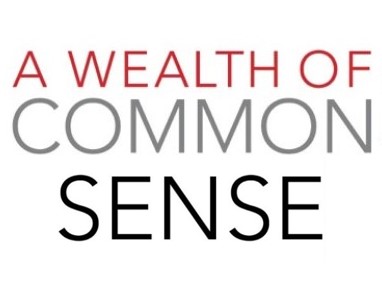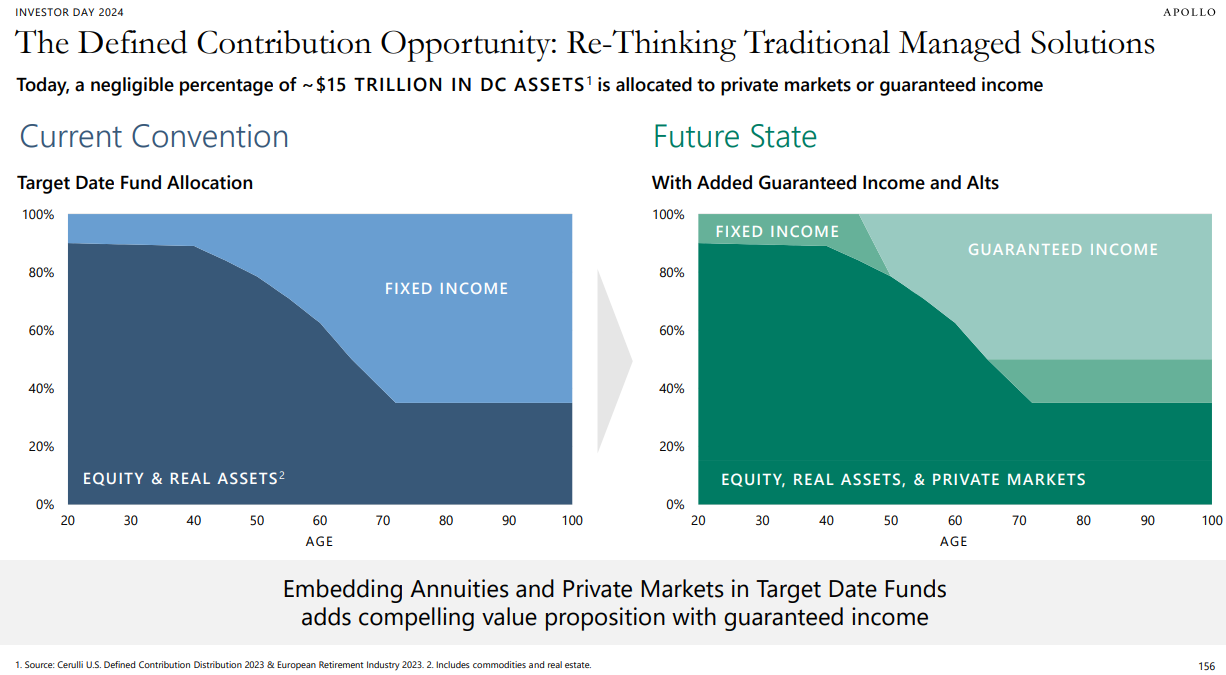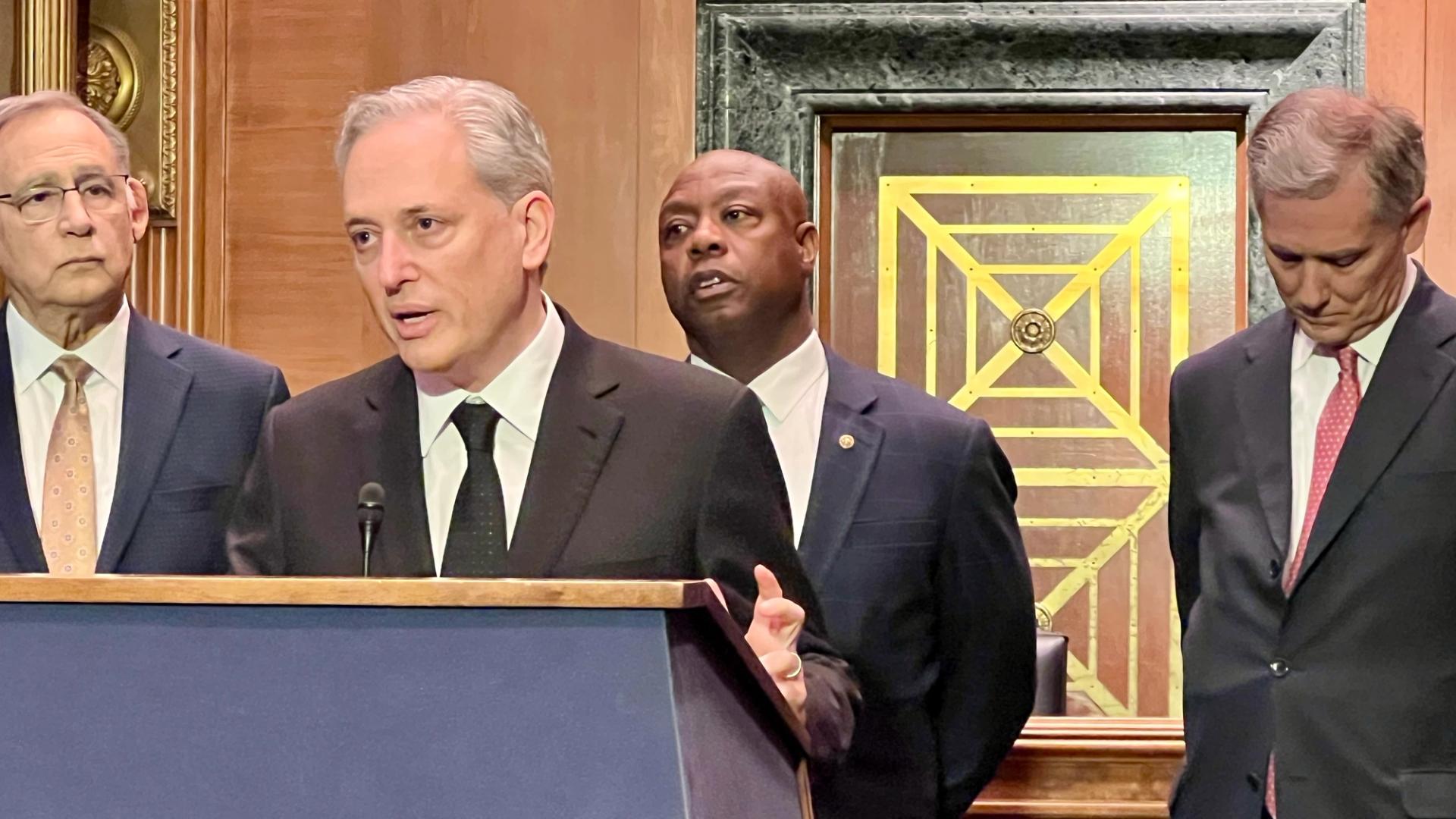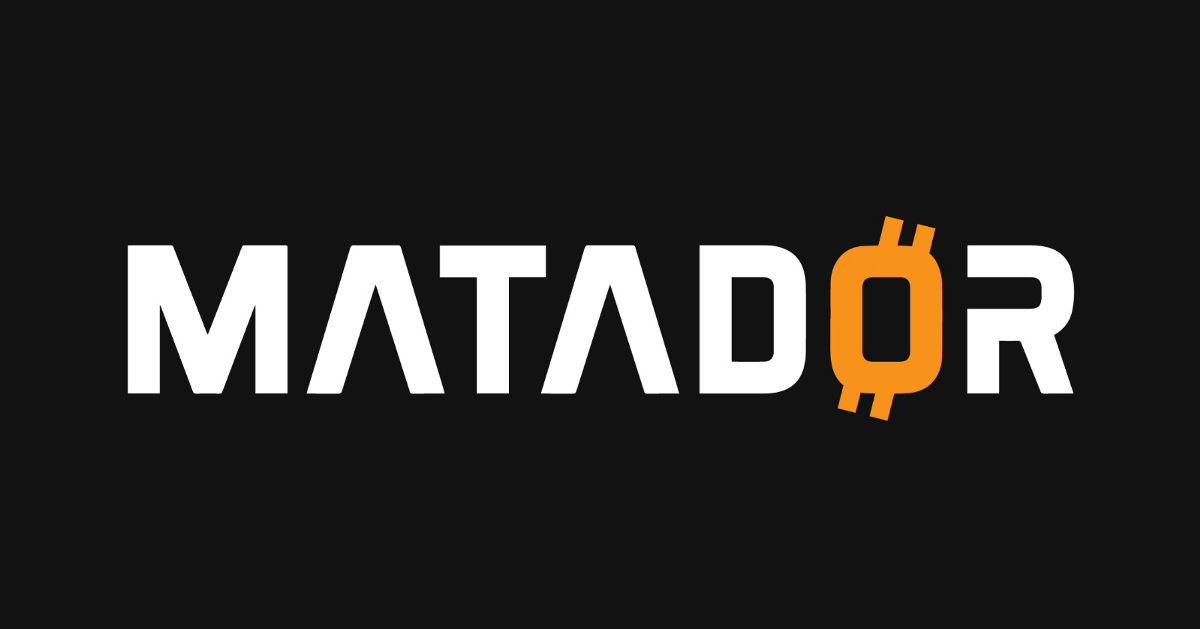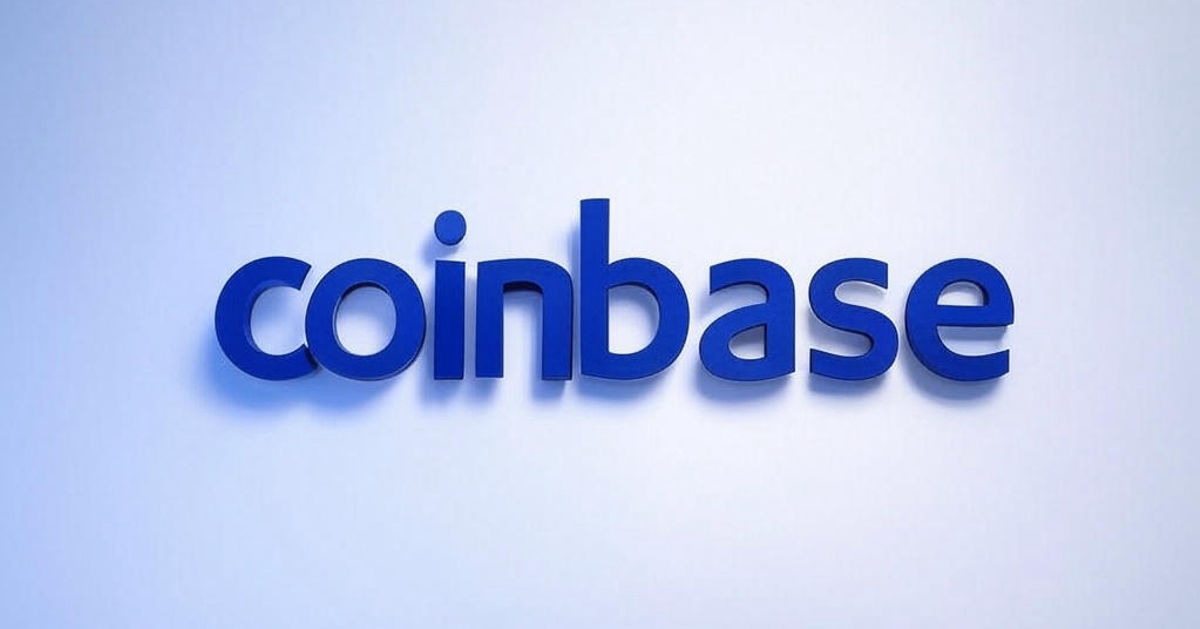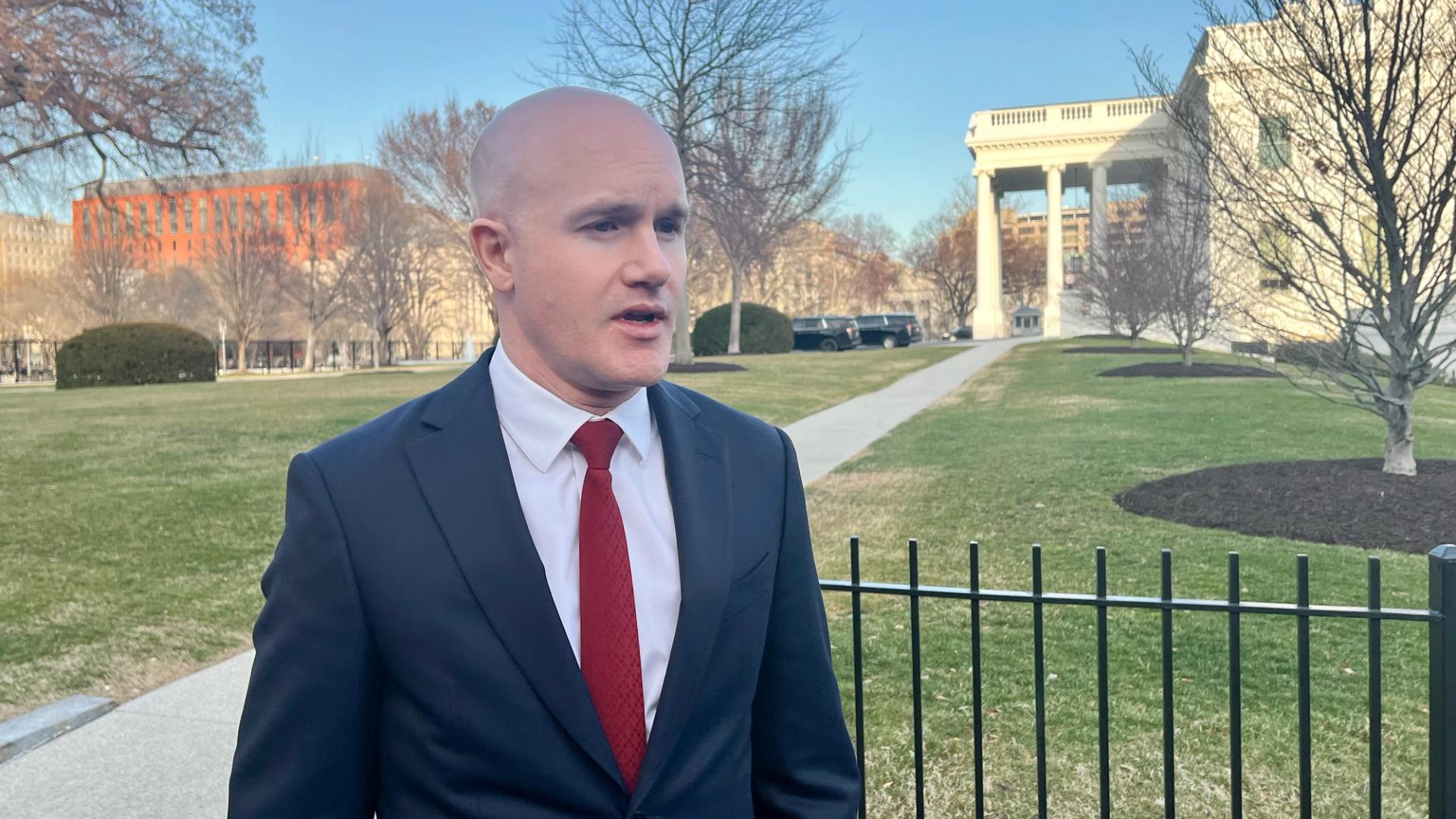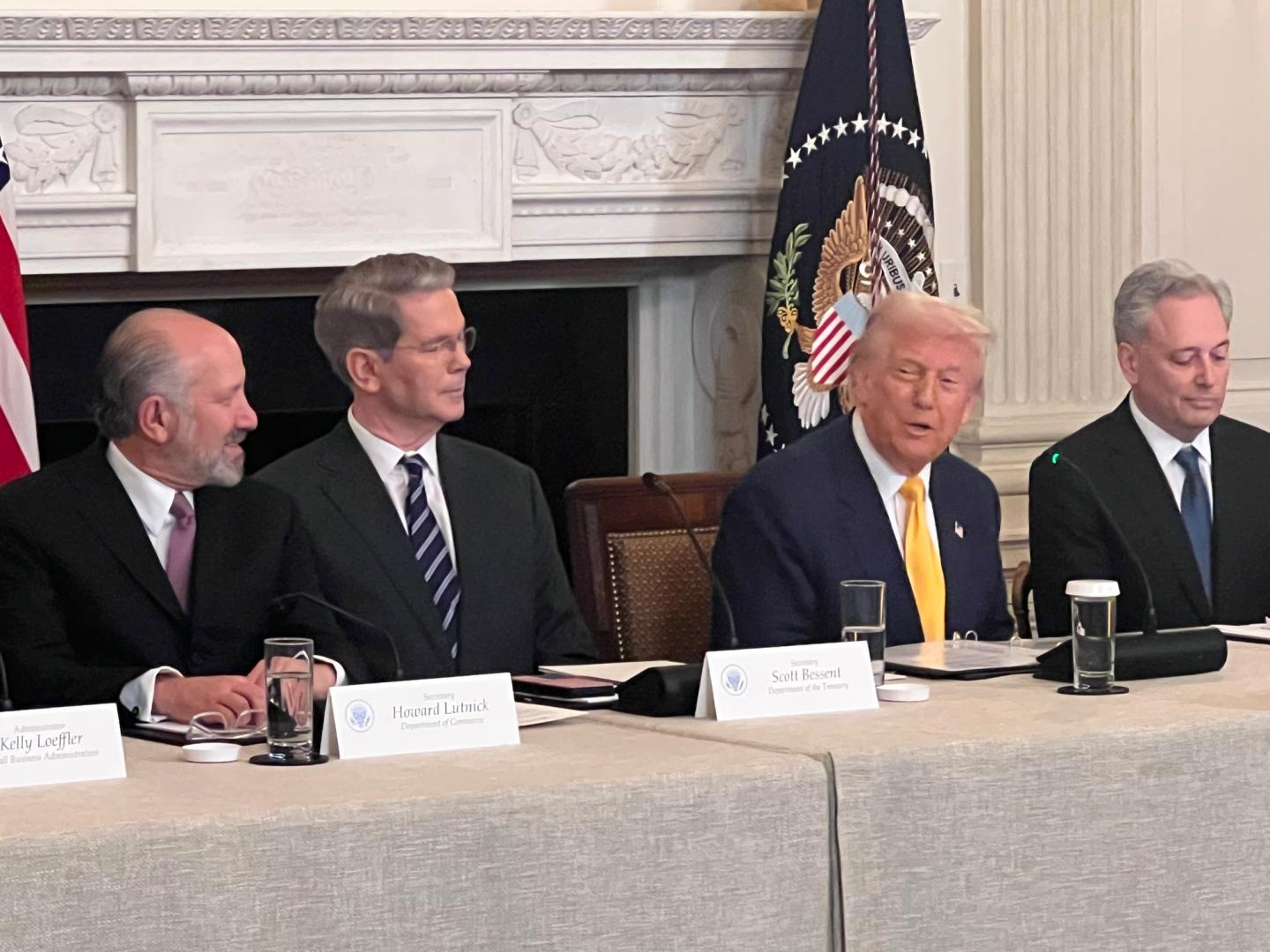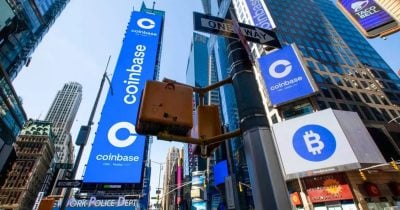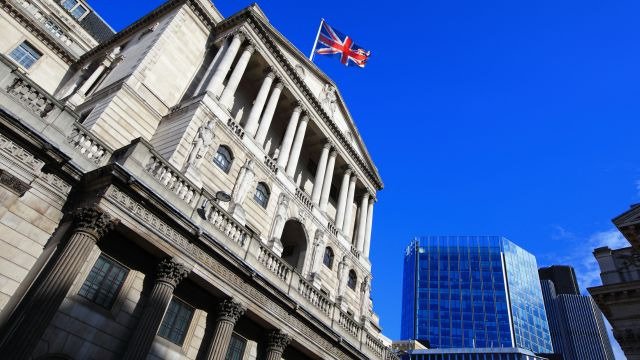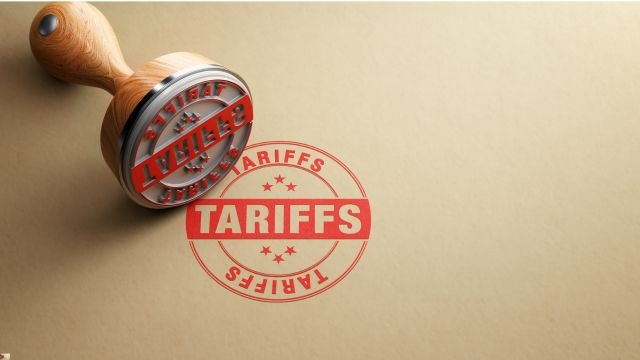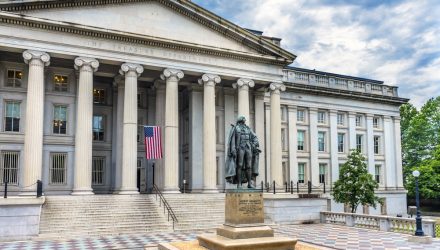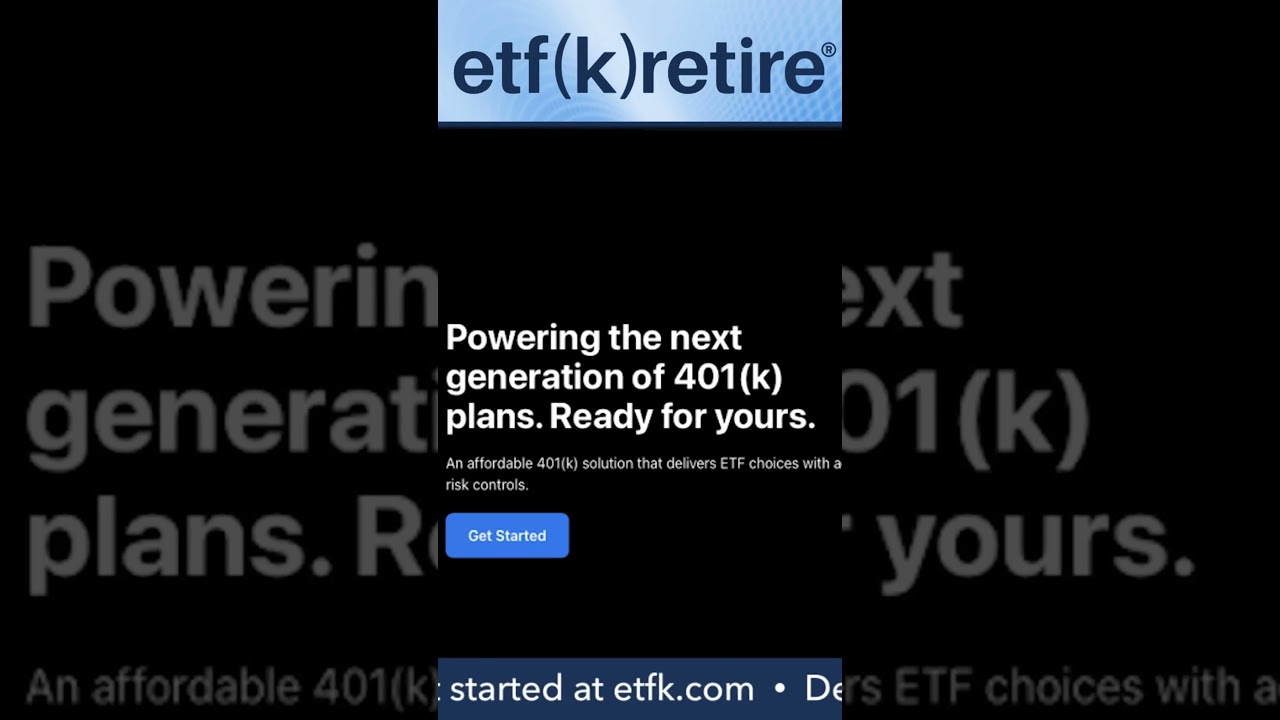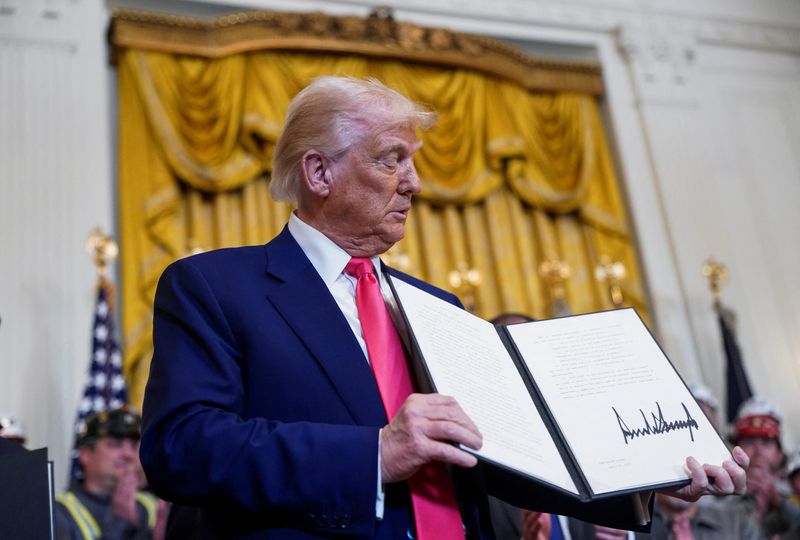DEI is emerging triumphant in shareholder battles across corporate America from Coca-Cola to Berkshire Hathaway
Here’s what happened to anti-DEI proposals put before shareholders at several U.S. companies, including Apple, Goldman Sachs, and Costco.

No matter where you stand politically, it’s hard to deny that it’s been a banner year for the anti-DEI movement: President Donald Trump has issued executive orders designed to stamp out diversity practices in both the private and public sector, and several large companies have rolled back their DEI programs.
This culture shift was the backdrop to several recent anti-DEI shareholder votes at companies ranging from Coca-Cola to Apple, as activists tried to ramp up the fight over diversity and inclusion policies. But while anti-DEI proposals have become more common, they are not gaining in popularity. At companies ranging from Coca-Cola to Apple, investors asked to vote on anti-DEI resolutions are not biting. Across the board, support for these proposals has ranged from only 1% to 2% of voters.
To be sure, that has been true in previous years, too. As a general rule, shareholders rarely vote in favor of politically and socially motivated proposals, preferring to let corporate executives make decisions in such realms. Still, the fact that these proposals have landed with a notable thud in such a pivotal year shows a specific kind of corporate resistance to major politicians and anti-DEI crusaders.
Below is a look at how some DEI proposals have fared so far this proxy season.
Bristol Myers Squibb
Shareholder meeting date: May 6, 2025
The National Center for Public Policy Research (NCPPR), a conservative activist shareholder group, submitted a proposal asking that BMS “cease DEI efforts,” calling the practices discriminatory and suggesting it put the company at risk of discrimination lawsuits. That’s a common argument made in several anti-DEI proposals, with the activists citing the Supreme Court ruling that struck down affirmative action in college admissions as a warning for private sector companies practicing DEI.
But in its proxy statement, Bristol Myers Squibb urged shareholders to reject the NCPPR’s proposal, and the drugmaker’s board explained its point of view on diversity in no uncertain terms: “We value inclusion and prioritize building an inclusive workforce in compliance with applicable non-discrimination laws, as do our shareholders,” it wrote. “We believe our inclusion philosophy leads to greater financial and patient outcomes and generates shareholder value, because it helps drive our strategic goal to reach more patients with our transformative medicines.”
The outcome: The NCPPR proposal was rejected by 97% of shareholders, with 1% abstaining and 1% supporting the proposal.
Berkshire Hathaway
Shareholder meeting date: May 3, 2025
Ahead of its May meeting, Berkshire Hathaway sought to exclude a proposal from the NCPPR which asked the company to perform a legal audit of its race-based initiatives, suggesting that the company’s DEI policies were putting it at risk of lawsuits.
Berkshire’s letter to the SEC requesting to omit the proposal—called a “no-action letter”—cited studies on the benefits of diversity, and included a quote from CEO Warren Buffett speaking at Berkshire’s 2023 annual meeting: “If [I] had been born Black, a woman, or in a different country, [I] wouldn’t nearly [have] enjoyed the same type of life [I] have].”
The company wasn’t successful in blocking the proposal from this year’s meeting. But in its proxy statement, the board wrote that a legal audit wasn’t necessary and that its policies allow managers to enact programs they see as appropriate for their businesses while complying with the law. It also said that monitoring risks, including social risks, was the duty of Berkshire’s Audit Committee.
The outcome: At what turned out to be a historic shareholder meeting, with Buffett announcing his plans to step down, shareholders rejected this anti-DEI proposal and a similar one. Both received less than 1% of voters’ support.
Coca-Cola
Shareholder meeting date: May 1, 2025
Last year, the conservative activist group National Legal and Policy Center (NLPC) submitted a proposal asking the iconic American company to review and consider its executive pay, as well as its DEI hiring goals. Coca-Cola, in a letter filed to SEC, defended its policies and looked to block the proposal from its annual meeting. The beverage giant argued that it seeks to mirror the markets it serves, in order to maximize its performance. The company also said it wanted its workforce diversity to be aligned with U.S. census data.
The proposal made it to the vote. So in its 2025 proxy statement, Coca-Cola’s board pointed out that the NLPC proposal technically asked the company to do something it was already doing on a regular basis.
The outcome:
Only 1.1o% of shareholders supported the NLPC’s proposal.
Goldman Sachs
Shareholder meeting date: April 24, 2025
Ahead of this year’s proxy voting season, the NLPC submitted shareholder proposals to Goldman Sachs over its diversity aspirations and executive pay incentives, including the compensation of CEO David Solomon.
“We believe that diversity, including diversity of thought, experience and perspectives, is important to our commercial success,” the bank wrote in its proxy statement, suggesting that shareholders reject the NLPC’s resolution. The company also said it’s aware that the law on DEI matters is “evolving,” but that Goldmany is staying on top of changes and had already reviewed and revised some programs where necessary. The bank also said the NLPC had mischaracterized its pay incentive plans.
The outcome: 98% of shareholders in the investment bank rejected the conservative proposals.
Levi’s
Shareholder meeting date: April 23, 2025
The NCPPR had asked Levi’s investors to back a resolution asking the clothing maker to “consider abolishing its DEI program, policies, department, and goals.”
But Levi’s has made diversity a core value for years. The Levi’s board explained as much in this year’s proxy statement, spelling out its philosophy on diversity in the workplace. “[W]e believe in the strong business case for a diverse and inclusive workforce because it supports company performance and also enhances our culture and the well-being of those who make our Company thrive: our employees.”
The outcome: Less than 1% of shareholders support the anti-DEI proposal.
Deere and Co.
Shareholder meeting date: Feb. 25, 2025
Last July, Deere famously scaled back its diversity programs, after becoming the focus of an online campaign by conservative influencer Robby Starbuck. The NLPC had also submitted a shareholder proposal asking Deere to produce a report on its racial and gender hiring statistics. As with other resolutions, the NLPC said that stressing diversity in hiring leaves companies open to legal challenges from employees, including white employees who may feel that they are the victims of discrimination.
Deere asked shareholders to vote against the resolution in its 2025 proxy statement “because Deere is committed to treating our employees, who propel us toward achieving our business ambitions, fairly and inclusively.”
The outcome: Only 1.3% of voters were in favor of the resolution.
Apple
Shareholder meeting date: Feb. 25, 2025
Ahead of its annual meeting, Apple asked its shareholders to reject a proposal from the conservative advocacy group NCPPR, which stated the tech company should cease all DEI-related activities, including its diverse supplier programs. In its 2025 proxy statement, Apple wrote: “We strive to create a culture of belonging where everyone can do their best work.”
In its “no action” request to the SEC, Apple made several arguments against including the proposal at its general meeting, including that the resolution amounted to micromanaging. They were unsuccessful, and NCPPR’s proposal was put to a vote.
The outcome: More than 97% of shareholders sided with Apple, voting against the NCPPR’s resolution.
Costco
Shareholder meeting date: Jan. 23, 2025
Costco was the first major company to face an anti-DEI proposal this year. In 2024, the NCPPR filed a proposal about Costco’s DEI programs, saying that the company had rebranded its policies but still employed a chief diversity officer, maintained a supplier diversity program, and appeared to still consider DEI in hiring and promotion practices.
The retailer’s response was unequivocal in its pro-DEI stance. In its proxy statement, the board explained that it saw diversity and inclusion as part of its secret to success, and as a key part of how Costco attracts and retains employees, and meets customer needs. “As our membership diversifies, we believe that serving it with a diverse group of employees enhances satisfaction. Among other things, a diverse group of employees helps bring originality and creativity to our merchandise offerings, promoting the ‘treasure hunt’ that our customers value,” the company wrote.
Costco also questioned the motivation behind the proposal, stating: “The proponent's broader agenda is not reducing risk for the company, but abolition of diversity initiatives.”
The outcome: Only 2% of voters supported the anti-DEI resolution, and Costco gained some customer fans.
This story was originally featured on Fortune.com






